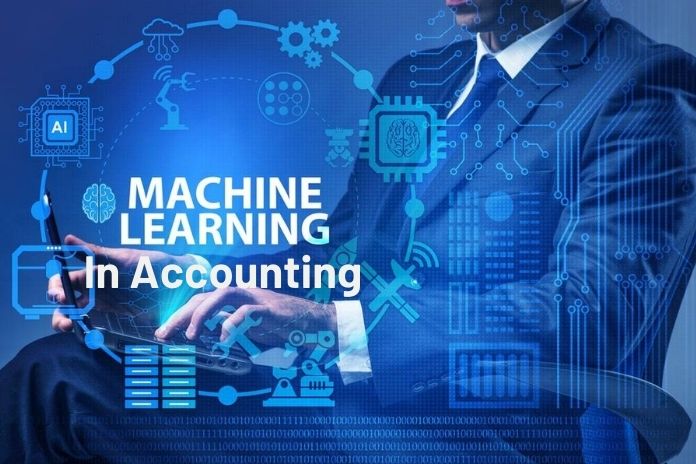Digitization and automation will have a disruptive effect on many industries. The areas of accounting and tax advice will be particularly affected. Digitization has become an integral part of the working world in an increasing number of tax firms. However, the development is making great strides, and the use of artificial intelligence is no longer a futuristic trend but has arrived in accounting.
Many industries have been completely turned inside out in recent years, and automation and artificial intelligence will significantly impact the supposedly dusty and inflexible accounting industry.
In our tax office Campbell Hörmann Partnerschaftsgesellschaft, Steuerberater und Rechtsanwälte, Munich, we have been implementing digital accounting for several years. This begins with the electronic recording of bank statements. Long gone are the days when the clerk typed the bank statement. The data center has access to the account statement data with all banks and savings banks active in the business area in Germany.
For the tax office, the secure and fast exchange from the bank’s data center to the tax advisor software’s data center means that central data such as amount, date, intended use have already been recorded. Only the contra account has to be recorded. But this development is already a decade old.
The next step in the development is the booking of digital documents. Here the client digitally transfers his receipts to the tax office by either uploading the original digital files or scanning and uploading paper files. The transfer of documents to the tax office, or more precisely to the data center, can take place via a secure connection from the client’s computer workstation or, more recently, via a more secure web-based solution. The clerk in the tax office opens the accounting document on one screen and posts it on the second screen. The receipt is “attached” to the posting at the end of the posting record so that the year-end clerk, the client, or a tax auditor have direct access to the posting and, linked to it, to the receipt.
This is where machine learning comes in. The software treats the original digital or scanned invoices with an OCR recognition. Actual content such as the invoice date, invoice amount, sender, and the like can be automatically recognized. This also makes the booker’s work a lot easier because receipts no longer have to be entered manually. Even repetitive and particularly error-prone bookkeeping activities can be taken over by intelligent software.
Using “machine learning,” the intelligent software can learn with every single receipt, expand its capabilities and thus adapt to the needs of the respective user. After posting a document type under the relevant revenue or expense accounts, the learning file will suggest the corresponding posting record for the following document. Here, too, the accountant’s activity is shifting away from manual entry to checking and approving bookings.
Digital networking also ensures that the handling of previously unknown document formats can be transferred to their system by other software users. The technology is always state-of-the-art, and the classification of data is continuously improved and refined; the system learns independently.
Self-Booking Software
This rapid technical progress paves the way for self-booking software. In the foreseeable future, intelligent software will be able to read and post documents entirely and independently. Data entry, legal and computational checking, filing, and approval processes will be handled by the software. Even the connection with the bank account for comparing and executing bookings can be removed from humans by artificial intelligence. Only the random control of the processes or the targeted contribution of know-how is incumbent on the human component of the work process in the future.
The advantages of this structural change are obvious: In addition to saving resources such as personnel and working time, an intelligent filing system enables needs-based data analysis in addition to targeted searches and quick location of individual documents. Thanks to intelligent filter systems and automated evaluation tools,
important operational figures can be determined with a mouse click. Business success can be mapped in a detailed and understandable manner, giving the company a competitive advantage.
Successful On The International Market
However, this process optimization and increase in efficiency do not end at the office door. Thanks to precisely tailored IT and cloud solutions, work and networking with tax advisors will be made flexible in the future. The tax advisor is always up to date, and the resources can be used for advice and no longer for calculation. Beyond the company’s internal IT infrastructure, it will be possible to do work from anywhere globally and do the bookkeeping of internationally operating companies by machine. In this way, the intelligent software can be taught foreign language skills with just one update, which often takes people years to do. The data classification is also carried out reliably, correctly, and in a matter of seconds in the international area.
Outlook
The future of self-employed and booking software is within reach. With a competent partner, companies now have the unique opportunity to adapt their system to the existing and future possibilities early and thus secure decisive competitive advantages. Because one thing is sure: digitization and automation can no longer be stopped, and early implementation of the possibilities can help make processes efficient and cost-saving.
Also Read : Successful Machine Learning Thanks To Data Consistency

